Norma Rae (1979) Watch Online
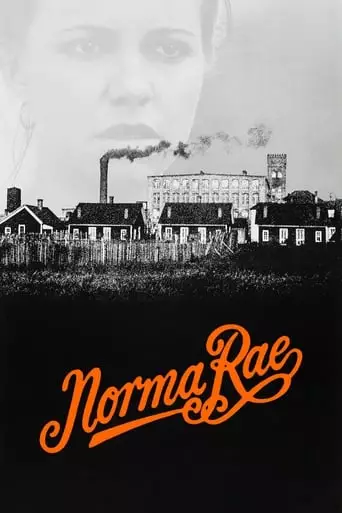
Norma Rae (1979) Watch Online
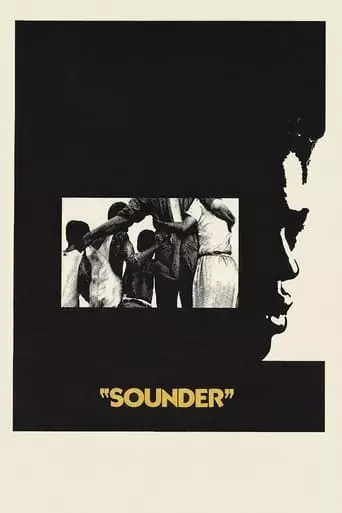
Sounder (1972) Watch Online
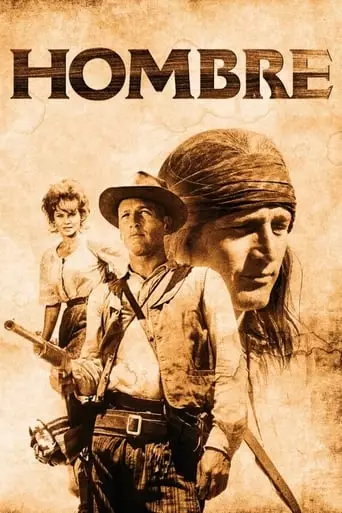
Hombre (1967) Watch Online
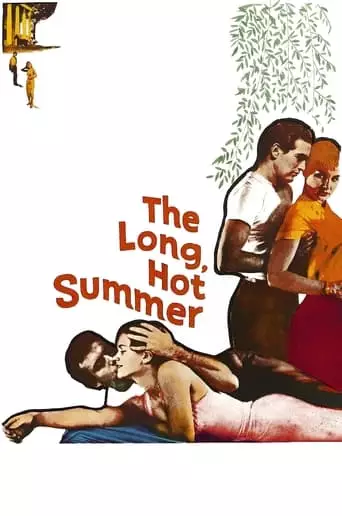
The Long, Hot Summer (1958) Watch Online
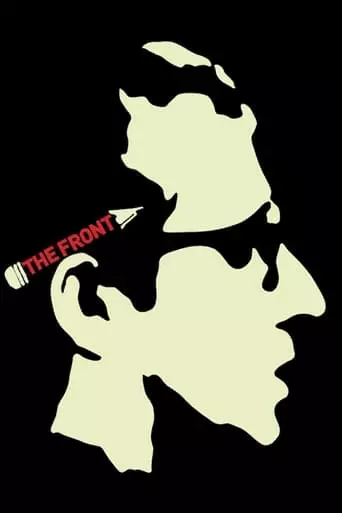
The Front (1976) Watch Online
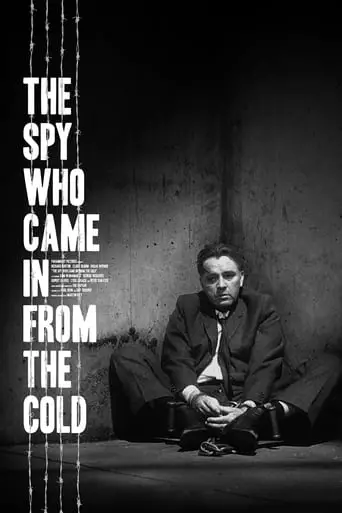
The Spy Who Came in from the Cold (1965) Watch Online

Hud (1963) Watch Online